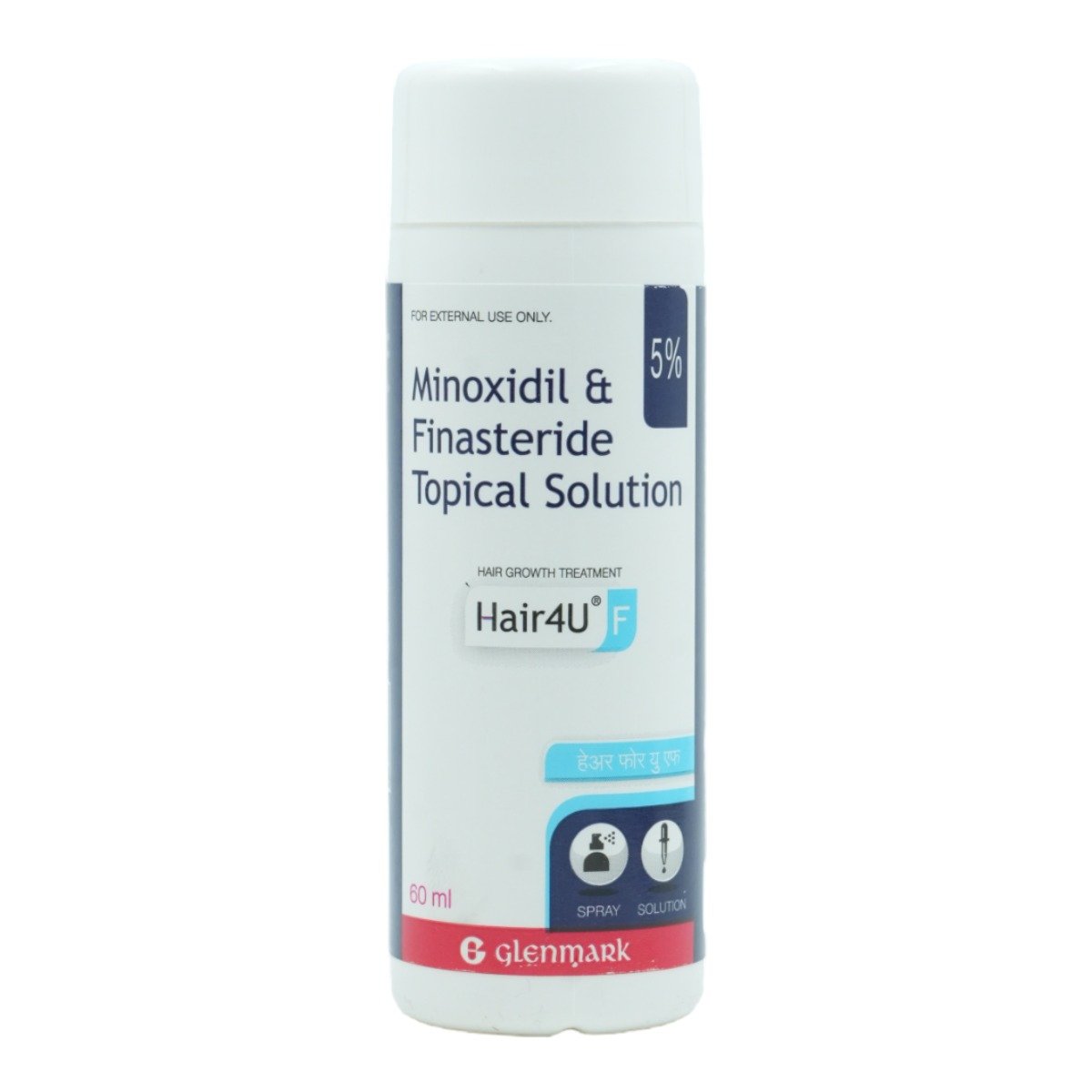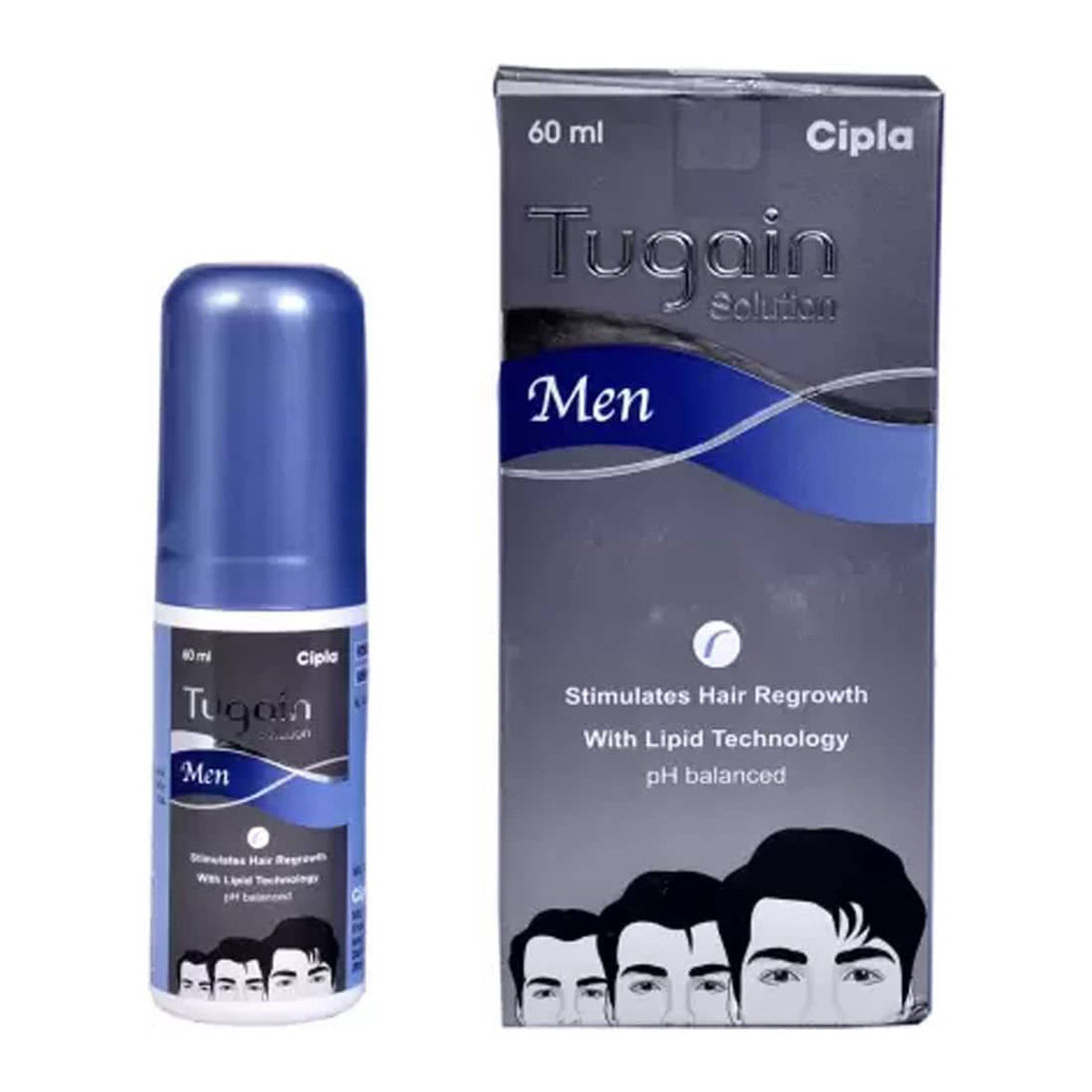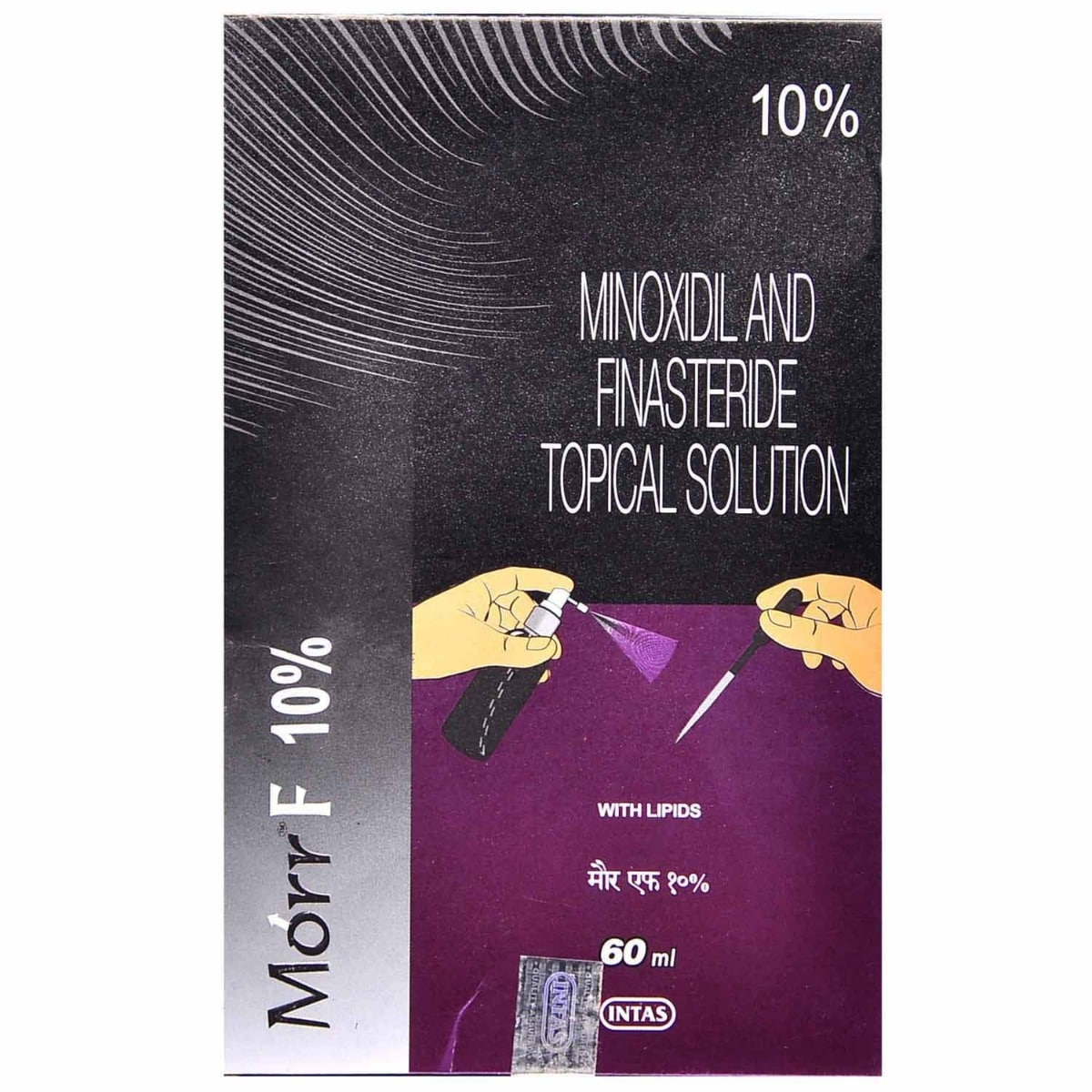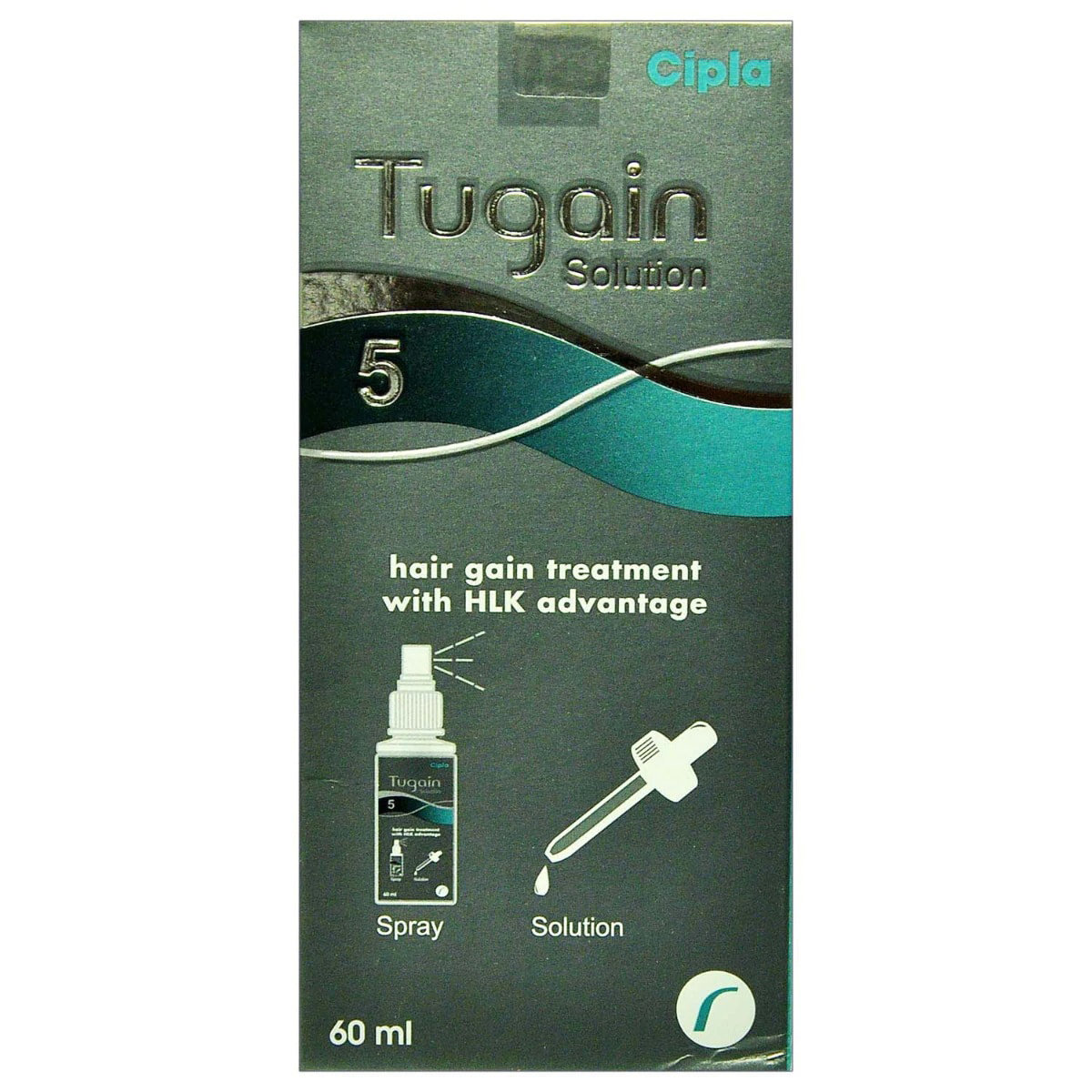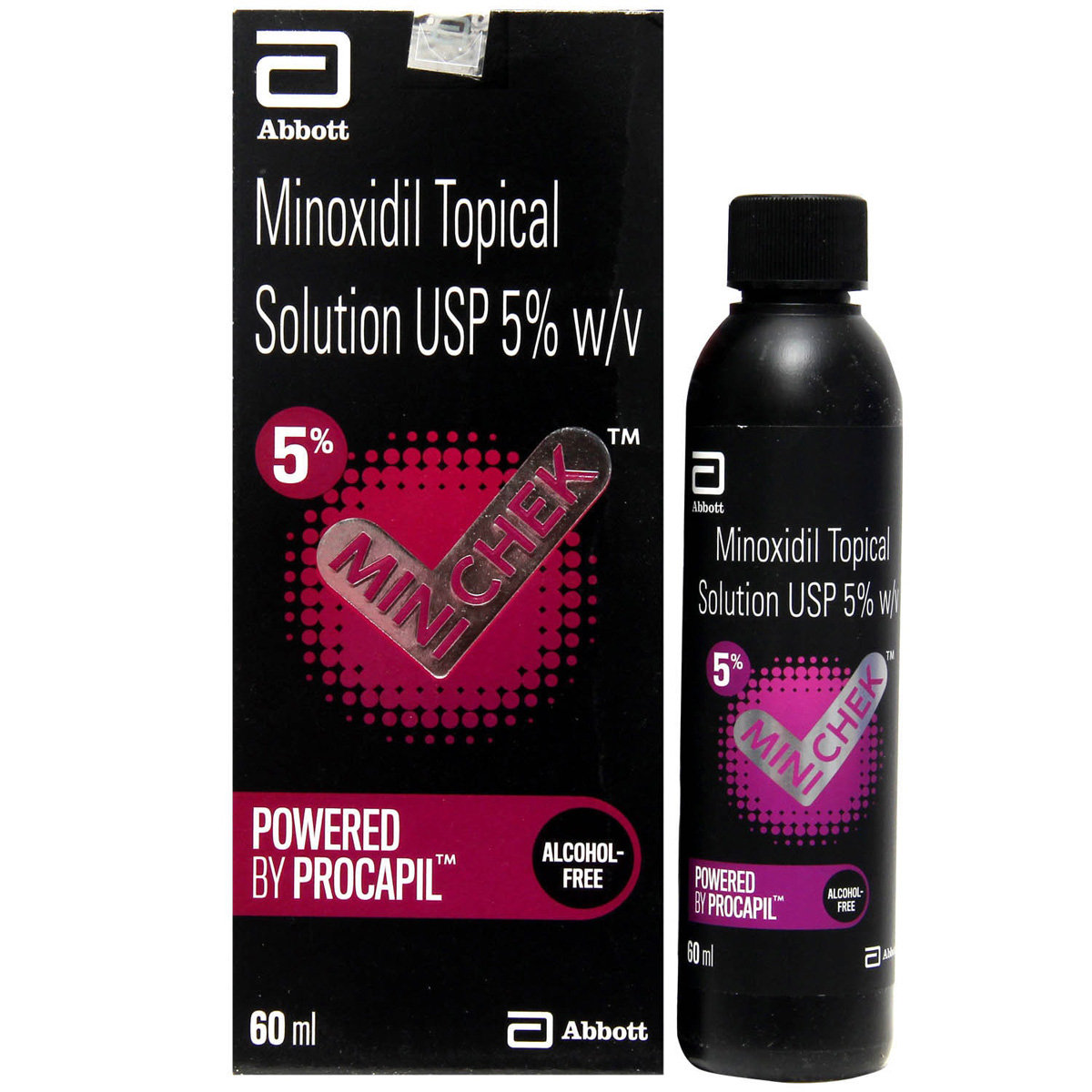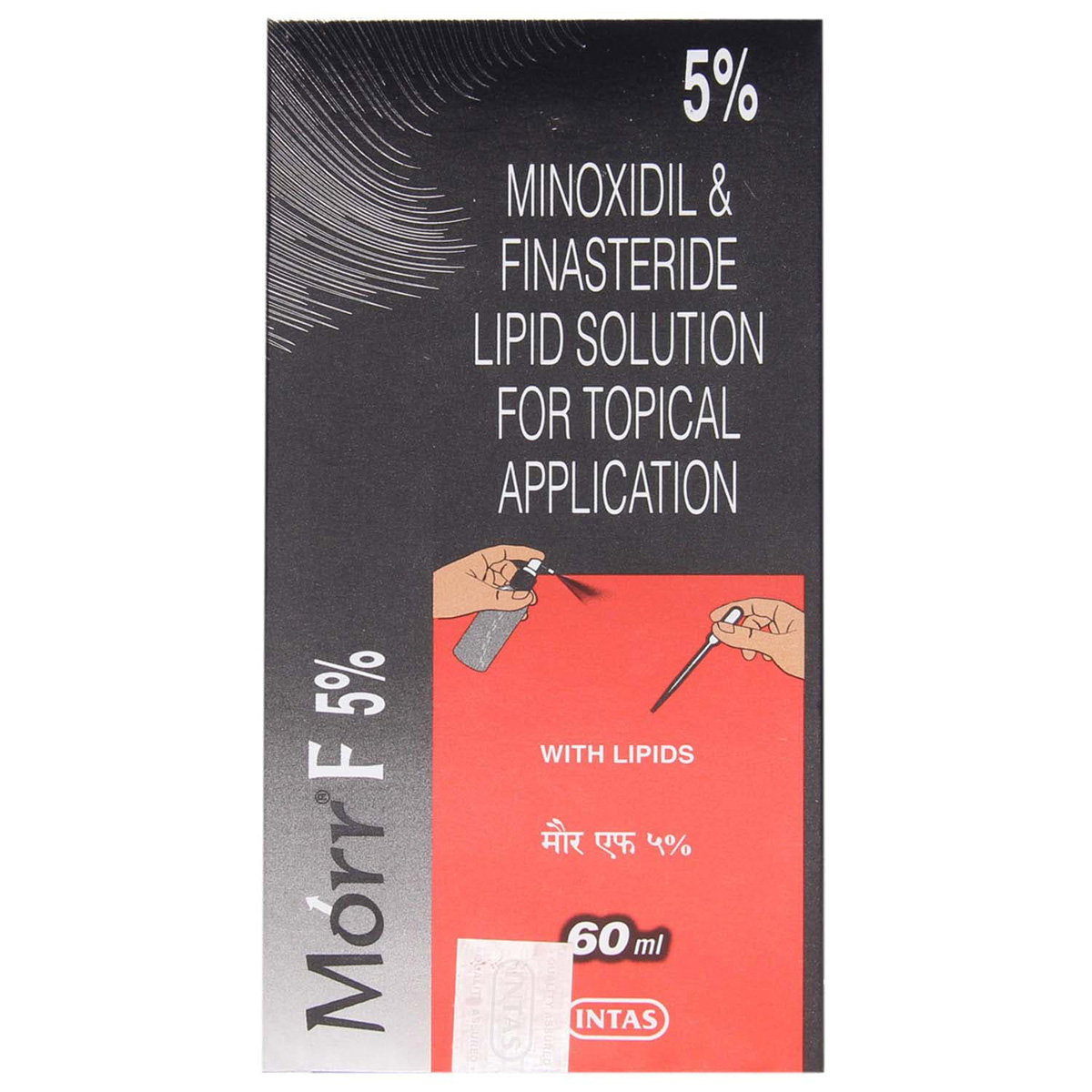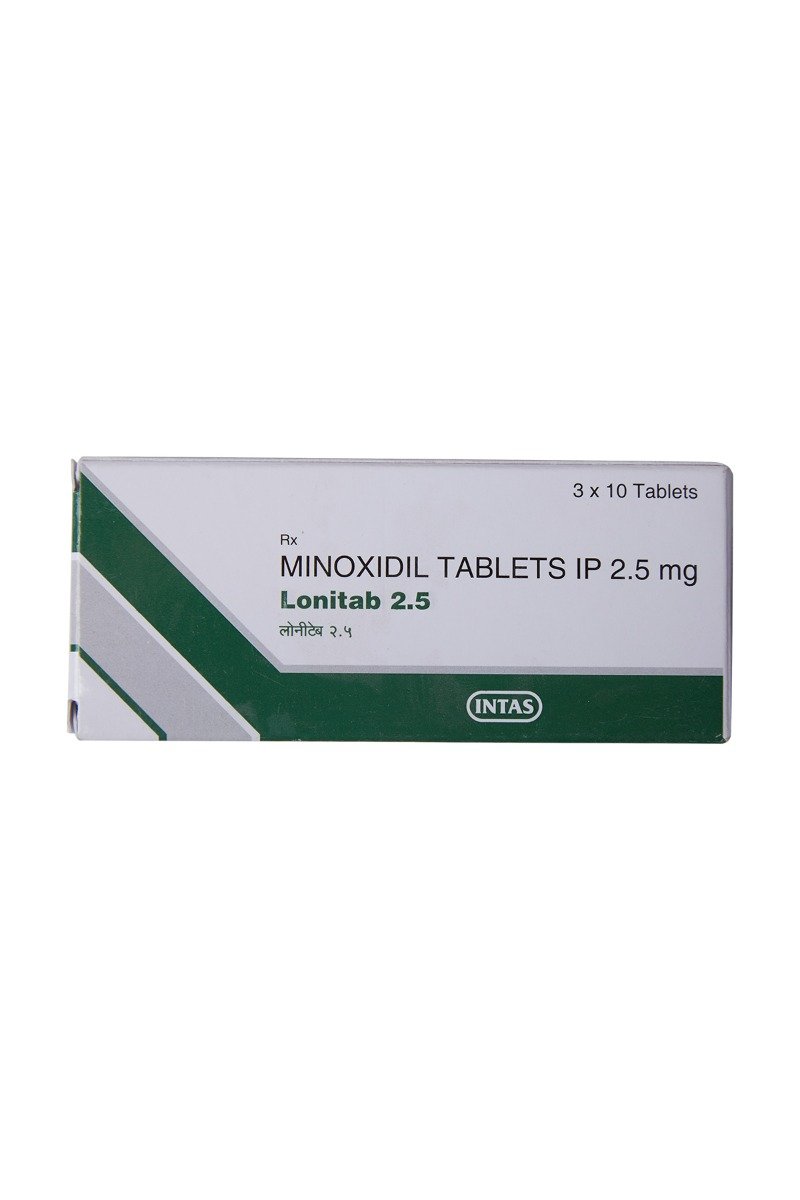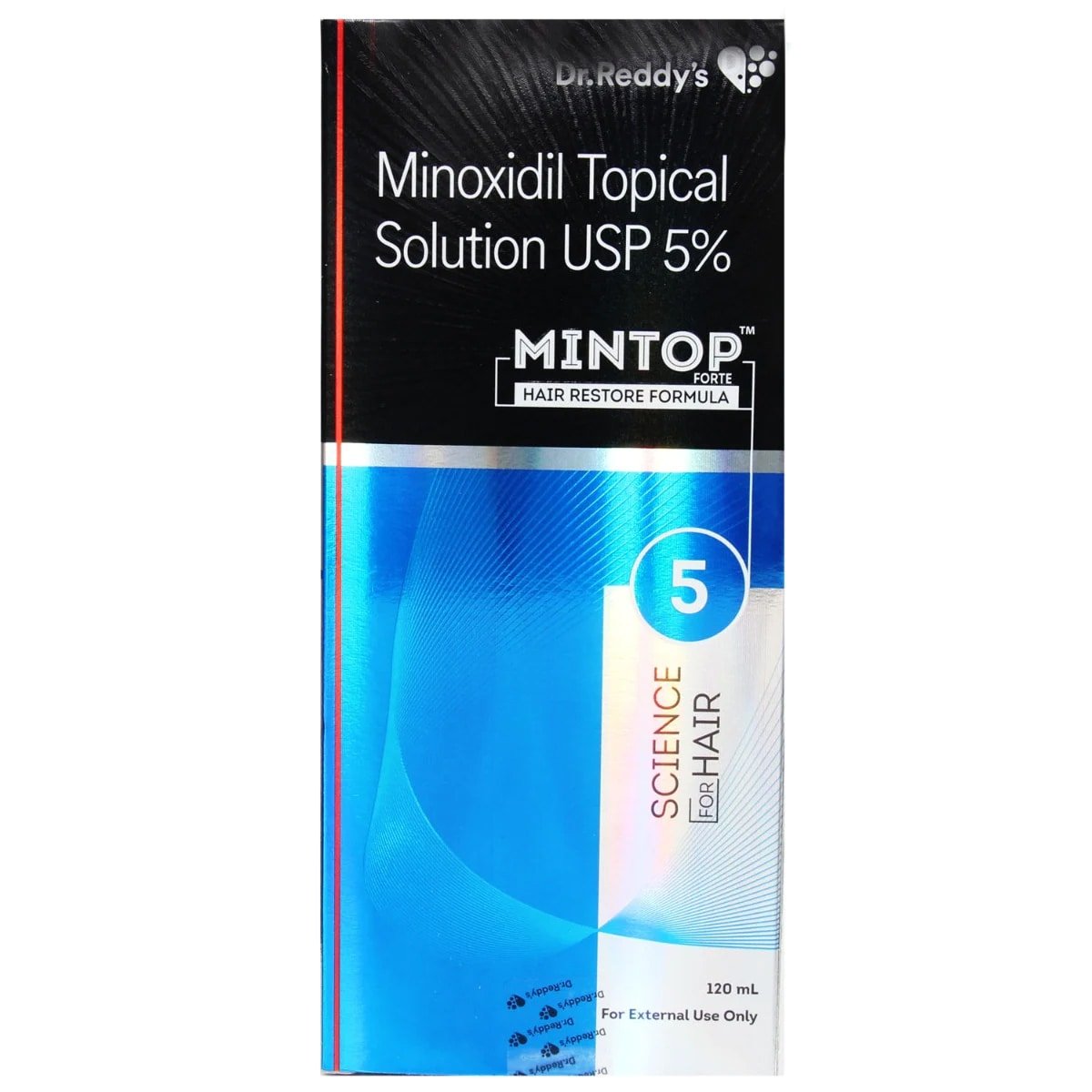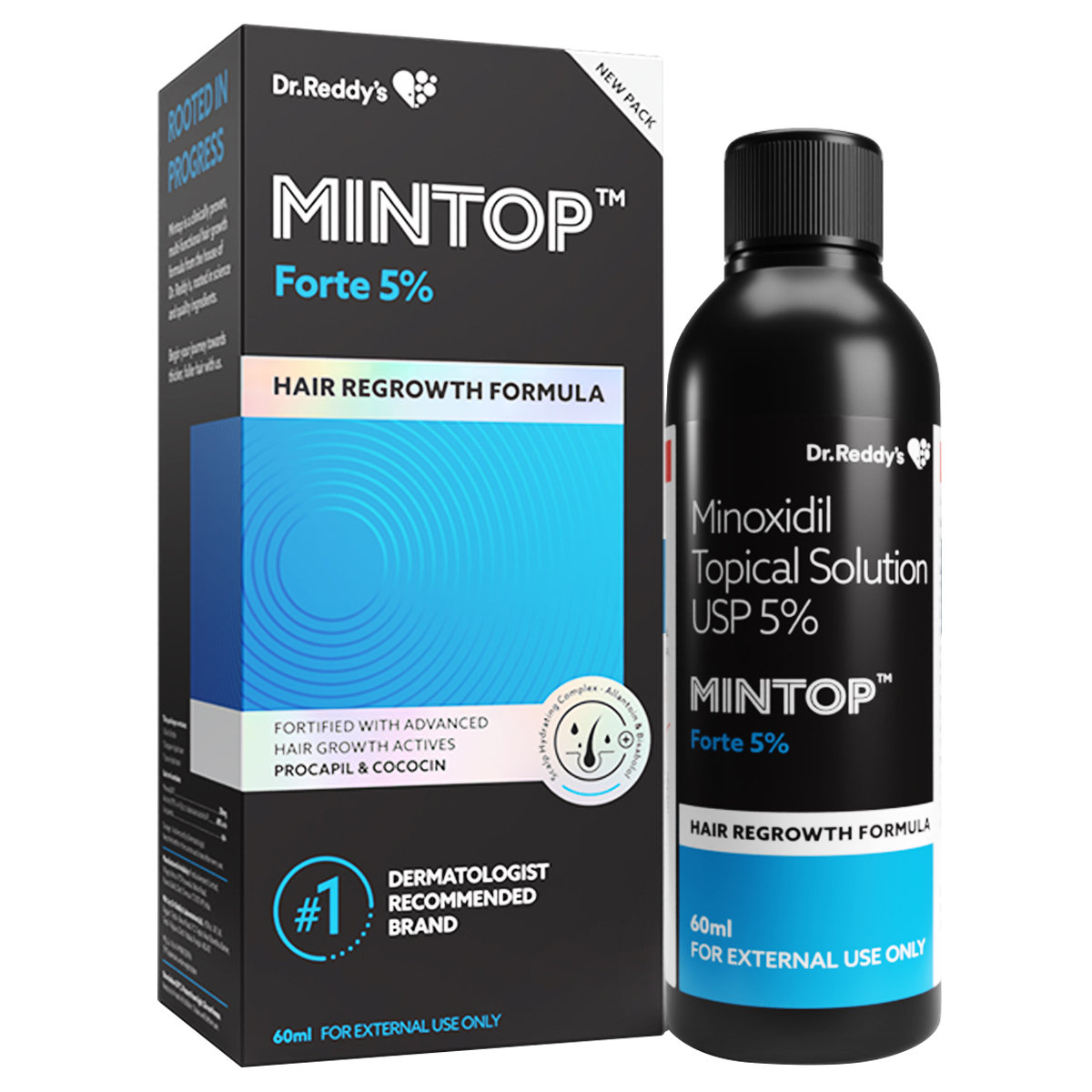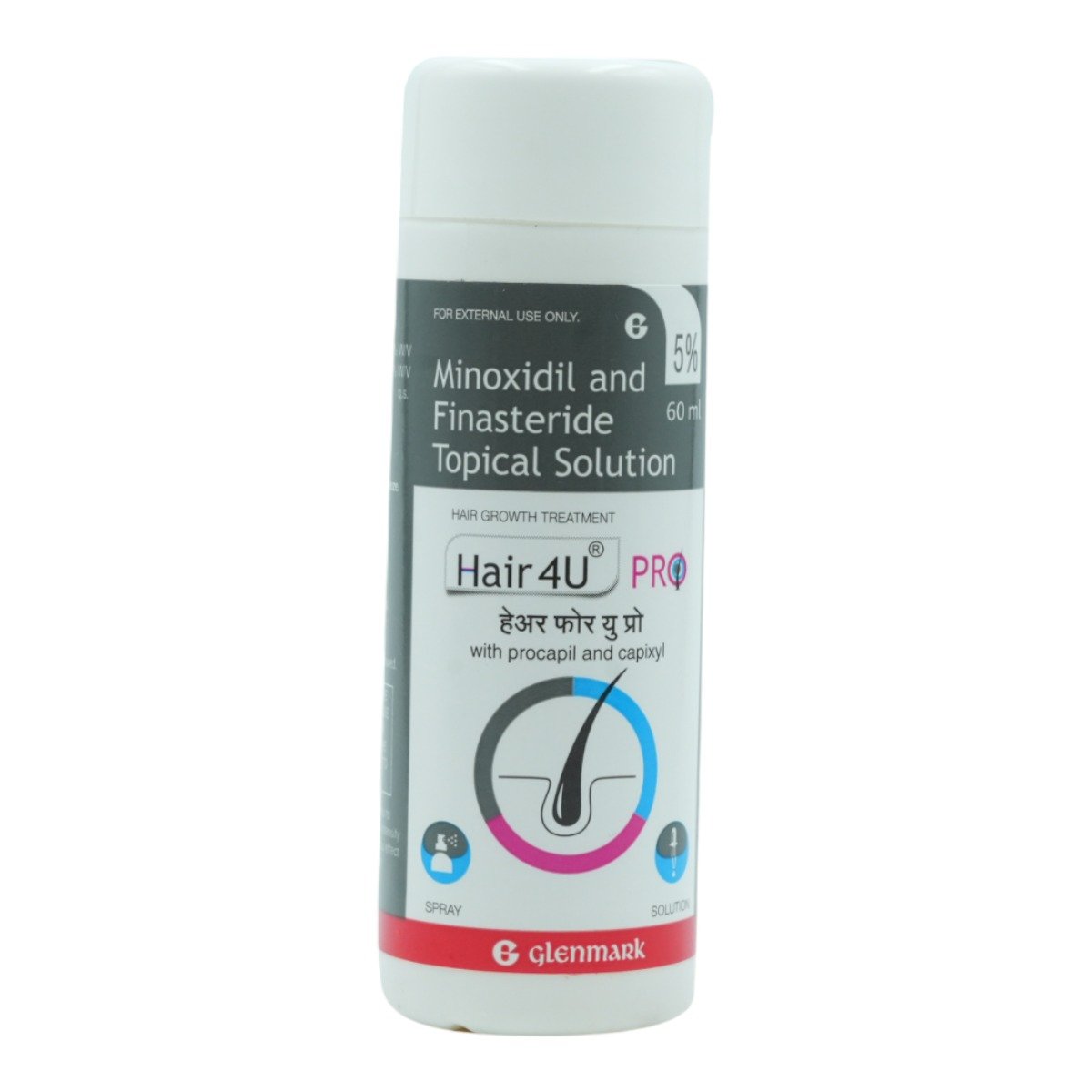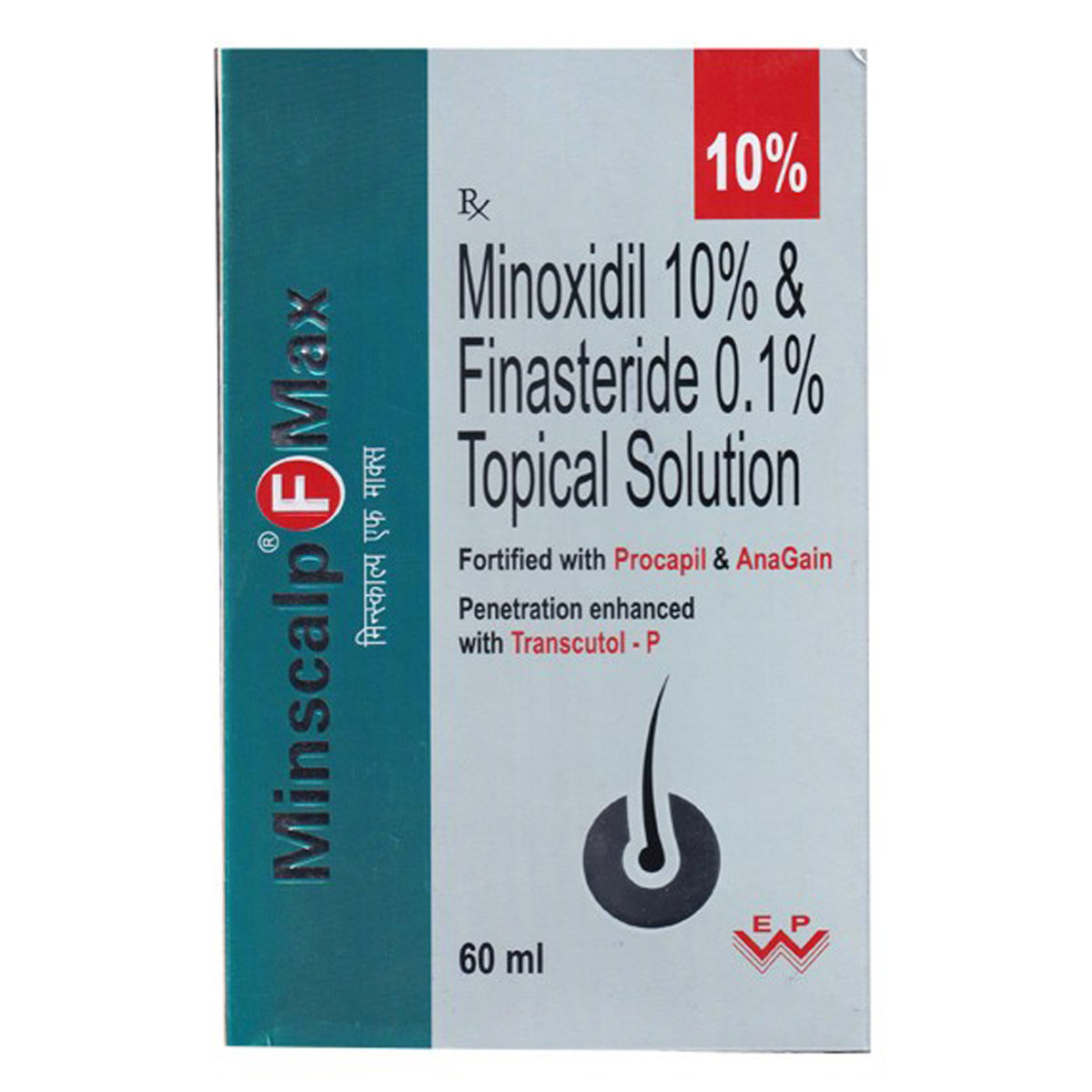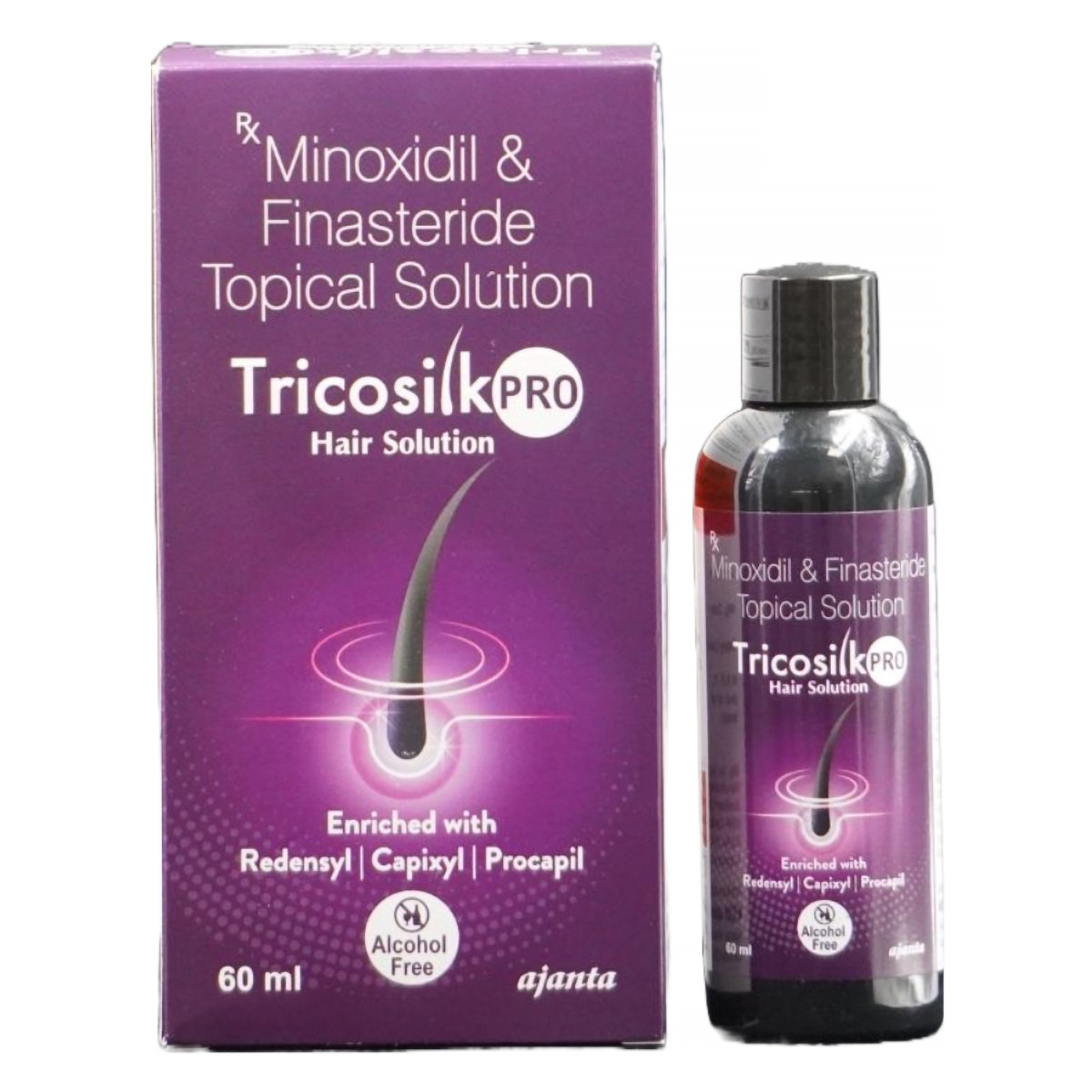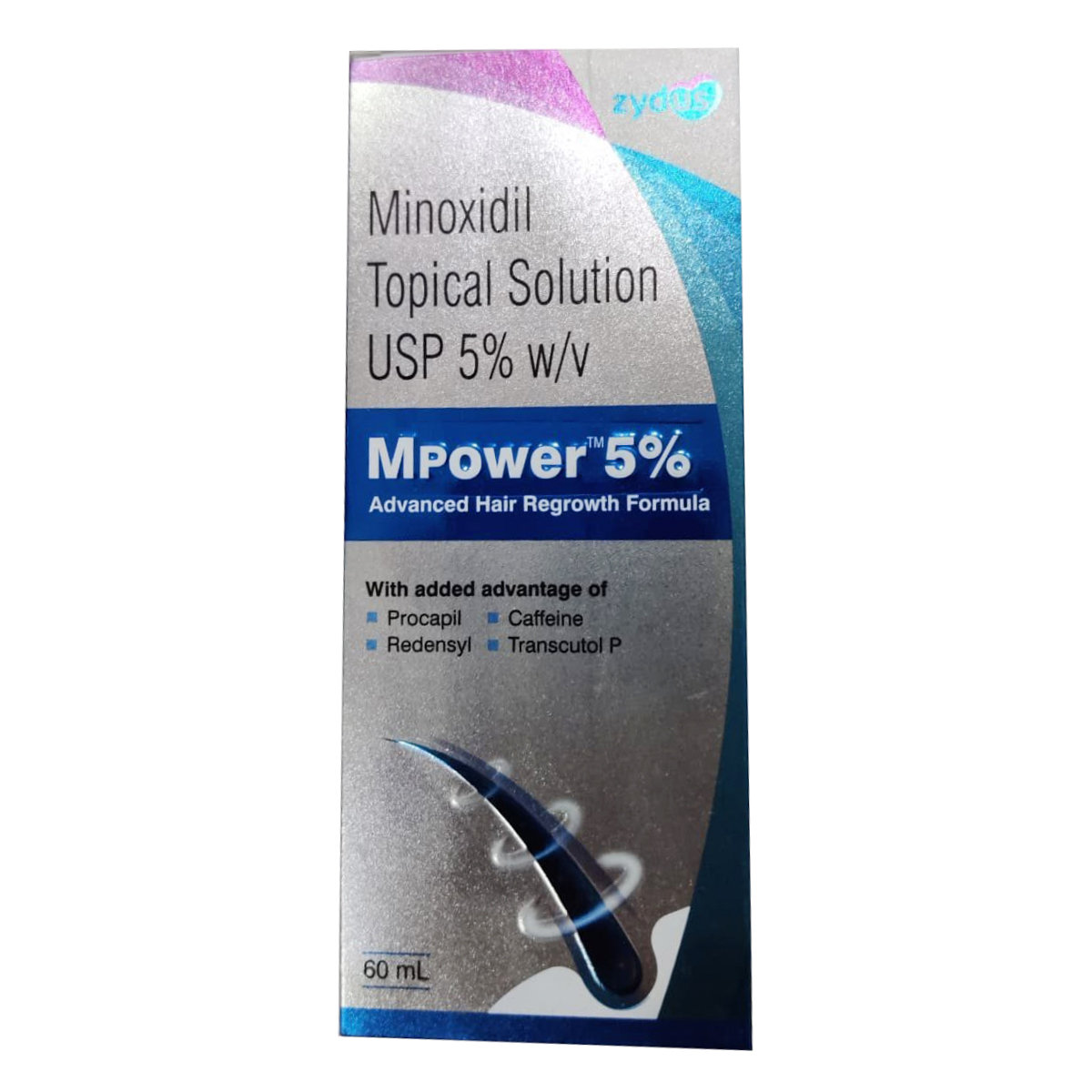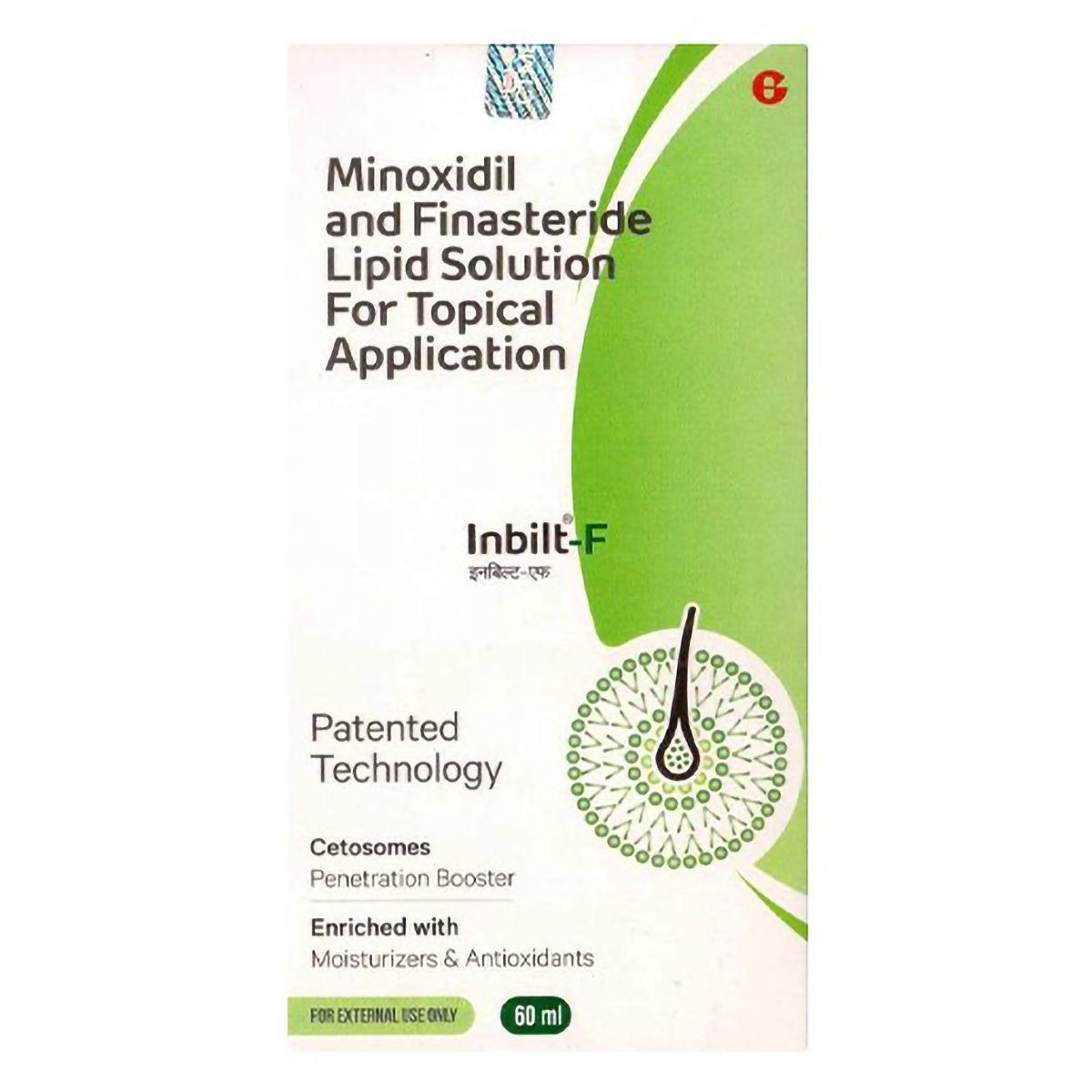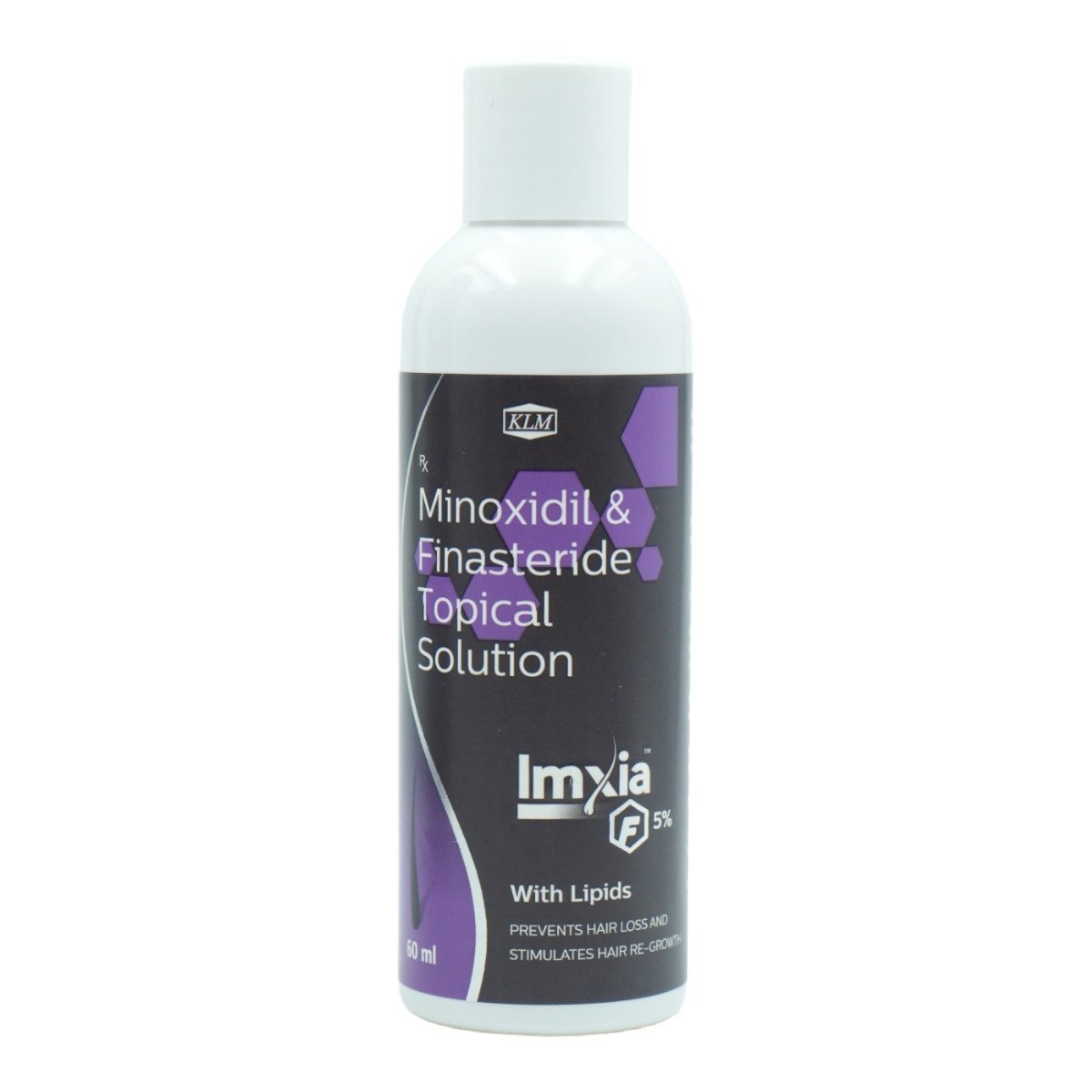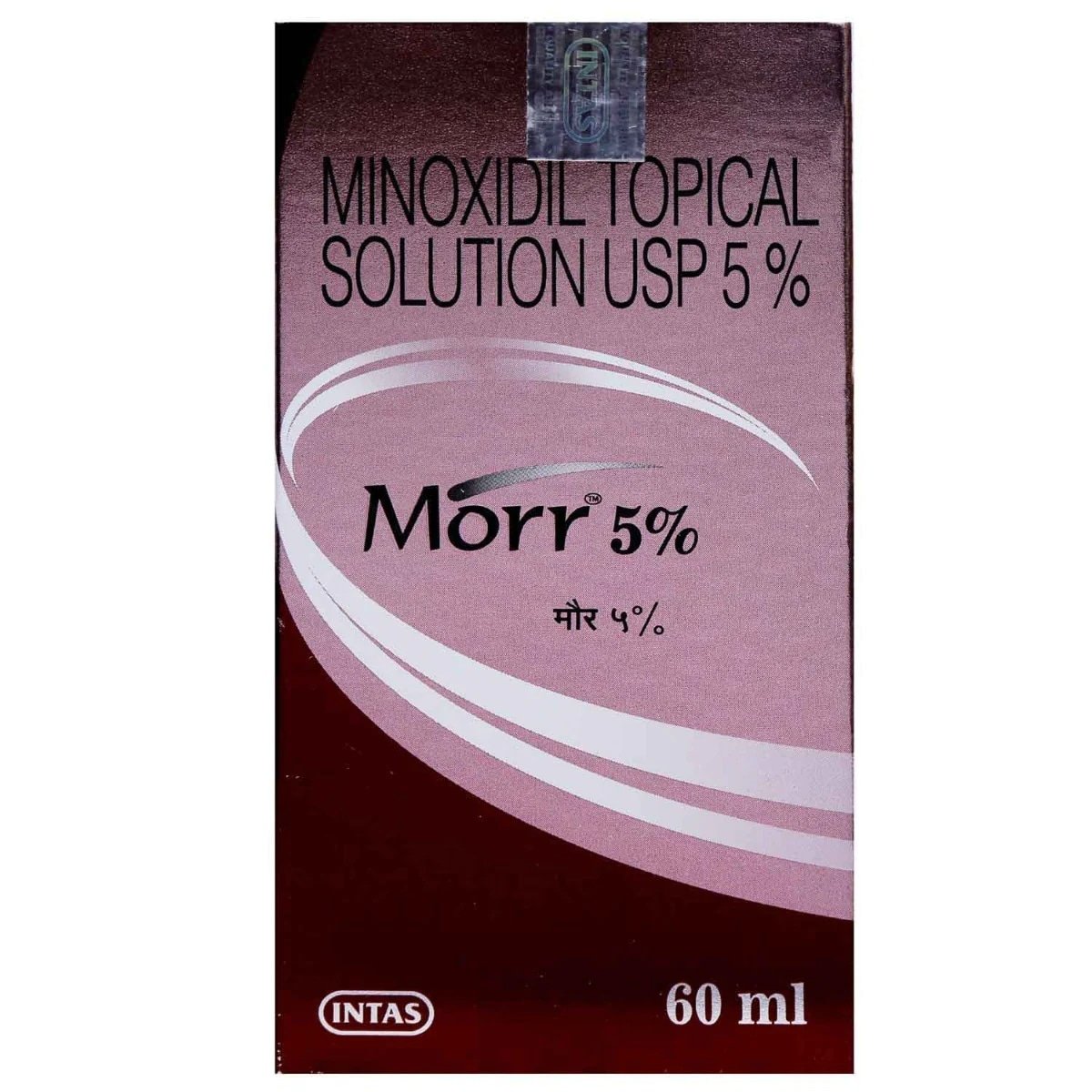Minoxidil
About Minoxidil
Minoxidil is used to treat hypertension (high blood pressure). Hypertension is a condition in which blood pressure is elevated persistently in the arteries. Symptoms of high blood pressure include headache, dizziness, nose bleed, changes in vision, chest pain, weakness and dyspnoea (shortness of breath). However, most of the time, the signs and symptoms of hypertension are none.
Minoxidil contains Minoxidil, a potassium channel opener. It dilates (widens) the blood vessels to promote blood flow, thus reducing high blood pressure.
Common side effects of Minoxidil include dizziness, breast pain/tenderness, increased heartbeat, fluid retention (oedema), nausea, and vomiting. These side effects do not require any medical attention and usually resolve with time. If you notice any other symptoms that are unmanageable, please consult your doctor for further advice.
Let your doctor know if you have a history of pheochromocytoma (adrenal gland tumour), kidney diseases, pulmonary hypertension, congestive heart failure, angina or chest pain, a recent heart attack, asthma, migraine, and seizures (fits). Pregnant and breastfeeding mothers should consult the doctor before starting Minoxidil.
Uses of Minoxidil
Medicinal Benefits
- Minoxidil is an antihypertensive vasodilator that treats hypertension (high blood pressure).
- It opens the potassium channels and widens the blood vessels to promote blood flow.
- This vasodilation process aids in reducing high blood pressure.
Directions for Use
- Minoxidil can be taken with or without food, as advised by your doctor.
- It is usually taken 1-2 times daily at the same time each day. However, your doctor may adjust the dosage of Minoxidil based on blood pressure.
- Swallow Minoxidil as a whole with a glass of water.
- Do not crush, chew, or break it.
Storage
Side Effects of Minoxidil
- Dizziness
- Breast pain/tenderness
- Increased heartbeat
- Fluid retention (oedema)
- Nausea
- Vomiting
Medicines Containing this Salt
View AllDrug Warnings
- Inform your doctor if you have a history of pheochromocytoma, heart problems, lung diseases, asthma, migraines, fits, or liver and kidney diseases.
- If you are pregnant, planning for pregnancy or breastfeeding, please consult a doctor before starting Minoxidil.
- Minoxidil may make you dizzy, affecting your ability to drive or operate machinery; hence drive only when you are alert.
- Alcohol may worsen dizziness; hence please avoid or limit its consumption while being treated with Minoxidil.
- Minoxidil should be used in children below 12 years only when prescribed by a doctor.
Drug Interactions
Drug-Drug Interaction: Minoxidil may interact with drugs used to treat high blood pressure (guanethidine) and drugs used to treat impotence (tadalafil).
Drug-Food Interaction: No interactions were found.
Drug-Disease Interaction: If you have pheochromocytoma (adrenal gland tumour), congestive heart failure (the heart doesn't normally pump blood), angina (chest pain), a recent heart attack, pulmonary hypertension, asthma, migraine, seizures (fits), liver and kidney diseases, please tell your doctor before taking Minoxidil.
Drug-Drug Interactions Checker List:
Safety Advice

Alcohol
cautionAvoid alcohol consumption to prevent the worsening of side effects.

Pregnancy
cautionMinoxidil is a pregnancy category C drug and is not recommended to use during pregnancy since it may affect the foetus. Please consult your doctor if you are planning to become pregnant or already pregnant before starting Minoxidil.

Breast Feeding
cautionMinoxidil passes into the breast milk. Please consult the doctor before using Minoxidil if you are a nursing mother.

Driving
cautionMinoxidil may cause dizziness and affect your ability to drive and operate machines. Do not drive until you are focused and mentally alert while undergoing treatment with Minoxidil.

Liver
cautionLet your doctor know if you have any history of liver diseases or hepatic impairment before using Minoxidil. Your doctor will weigh the benefits and potential risks before prescribing Minoxidil.

Kidney
cautionLet your doctor know if you have any history of kidney diseases before using Minoxidil. Your doctor will weigh the benefits and potential risks before prescribing Minoxidil.

Children
cautionMinoxidil is recommended for use in children under 12 years of age only with a doctor's advice. Your doctor will decide the dosage based on the child's age and weight.
Habit Forming
Diet & Lifestyle Advise
- Do regular physical activity or exercise for at least 150 minutes per week or about 30 minutes.
- Limit sodium chloride intake (table salt) in your daily diet.
- Quit smoking to lower the risk of heart diseases.
- Avoid chronic stress as it can raise your blood pressure. Try to enjoy and spend time with your loved ones to cope with stress.
- Monitor your blood pressure daily, and if you notice any fluctuations frequently, please contact your doctor immediately.
- Try including heart-healthy omega 3 fatty acid-containing foods in your daily diet.
Special Advise
Monitor your blood pressure levels regularly. Keep a check on your heart function using an electrocardiogram or ECG.
Patients Concern
Disease/Condition Glossary
High blood pressure (hypertension): It is a condition in which the blood exerts increased pressure on the walls of blood vessels leading to hypertension. This condition can lead to hardened arteries, decreasing the blood and oxygen flow to the heart. Raised blood pressure can cause chest pain (angina) and heart attack. Additionally, high blood pressure also causes brain damage (stroke) and kidney failure. Symptoms of high blood pressure include headache, dizziness, nose bleed, changes in vision, chest pain, weakness and dyspnoea (shortness of breath). However, most of the time, the signs and symptoms of hypertension are none.
FAQs
Minoxidil is used to treat hypertension (high blood pressure).
Minoxidil is a vasodilator that widens the blood vessels promoting blood flow. This process helps the blood flow easily, lowering the high blood pressure.
Minoxidil is indicated for people who suffer from high blood pressure, face symptoms of damage to vital organs, and for those who had no results with other medicines or experienced disturbing side effects.
Minoxidil can cause weight gain. You may weigh extra 2-3 pounds at the beginning of the treatment, which may be gradually reduced during the course. Maintain a well-balanced meal, limit salt intake, and exercise regularly to slow down the process of weight gain.
Minoxidil may cause the fine body hair to grow thicker and longer. This can be bothersome in women and children when the body hair grows on the face, back, arms, and legs. You can control unwanted hair by using a hair removal product or shaving. This extra hair is temporary and disappears within one to six months after the treatment is stopped.
Minoxidil is meant for the treatment of high blood pressure. Hence, please do not use Minoxidil for scalp hair or beard growth.

